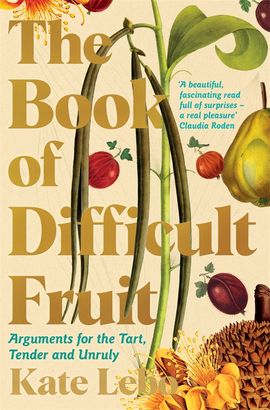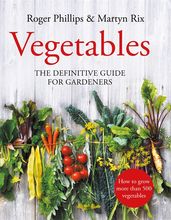
Synopsis
‘A richly researched food history, gentle memoir and left-field recipe book.’ i newspaper
‘A dazzling, thorny new essay collection.’ Samin Nosrat, New York Times
‘A beautiful, fascinating read full of surprises – a real pleasure.’ Claudia Roden
‘Inventive and charming . . . profound and deeply felt.’ Buzzfeed
Inspired by twenty-six fruits, essayist, poet and pie lady Kate Lebo expertly blends the culinary, medical and personal.
A is for Aronia, berry member of the apple family, clothes-stainer, superfruit with reputed healing power. D is for Durian, endowed with a dramatic rind and a shifty odour – peaches, old garlic. M is for Medlar, name-checked by Shakespeare for its crude shape, beloved by gardeners for its flowers. Q is for Quince, which, fresh, gives off the scent of ‘roses and citrus and rich women’s perfume’ but if eaten raw is so astringent it wicks the juice from one’s mouth.
In this work of unique invention, these and other difficult fruits serve as the central ingredients of twenty-six lyrical essays (and recipes!) that range from deeply personal to botanical, from culinary to medical, from humorous to philosophical. The entries are associative, often poetic, taking unexpected turns and giving sideways insights into life, relationships, self-care, modern medicine and more. What if the primary way you show love is to bake, but your partner suffers from celiac disease? Why leave in the pits for Willa Cather’s Plum Jam? How can we rely on bodies as fragile as the fruits that nourish them?
Lebo’s unquenchable curiosity leads us to intimate, sensuous, enlightening contemplations. The Book of Difficult Fruit is the very best of food writing: graceful, surprising and ecstatic.
Includes black and white illustrations.
Details
Reviews
Darkly funny . . . ”Deeply researched” doesn’t begin to describe how far into ancient texts and their subtexts, obscure cookbooks and corners of the internet Lebo excavated to tell us the stories of these fruits. What she digs up for each is often fascinating, sometimes juicy, rarely dry . . . The ingredients, like words, get thoughtfully measured and weighed and mixed into something delicious and meaningful.
A zingy blend of natural, culinary and personal history . . . A prickly, piquant delight.
[A] glorious mash-up of memoir, love note, and cookbook . . . Every sentence is as sensuous as the first bite into a cold, juicy plum.
[A] richly researched food history, gentle memoir and left-field recipe book . . . It would be a shame if this book didn’t attract readers without an existing curiosity in the subject, because Lebo brings as generous an eye to its broader topics – relationships, reproductive health, illness and death – as she does her fruits and their histories and uses, their beauty and their terror.












